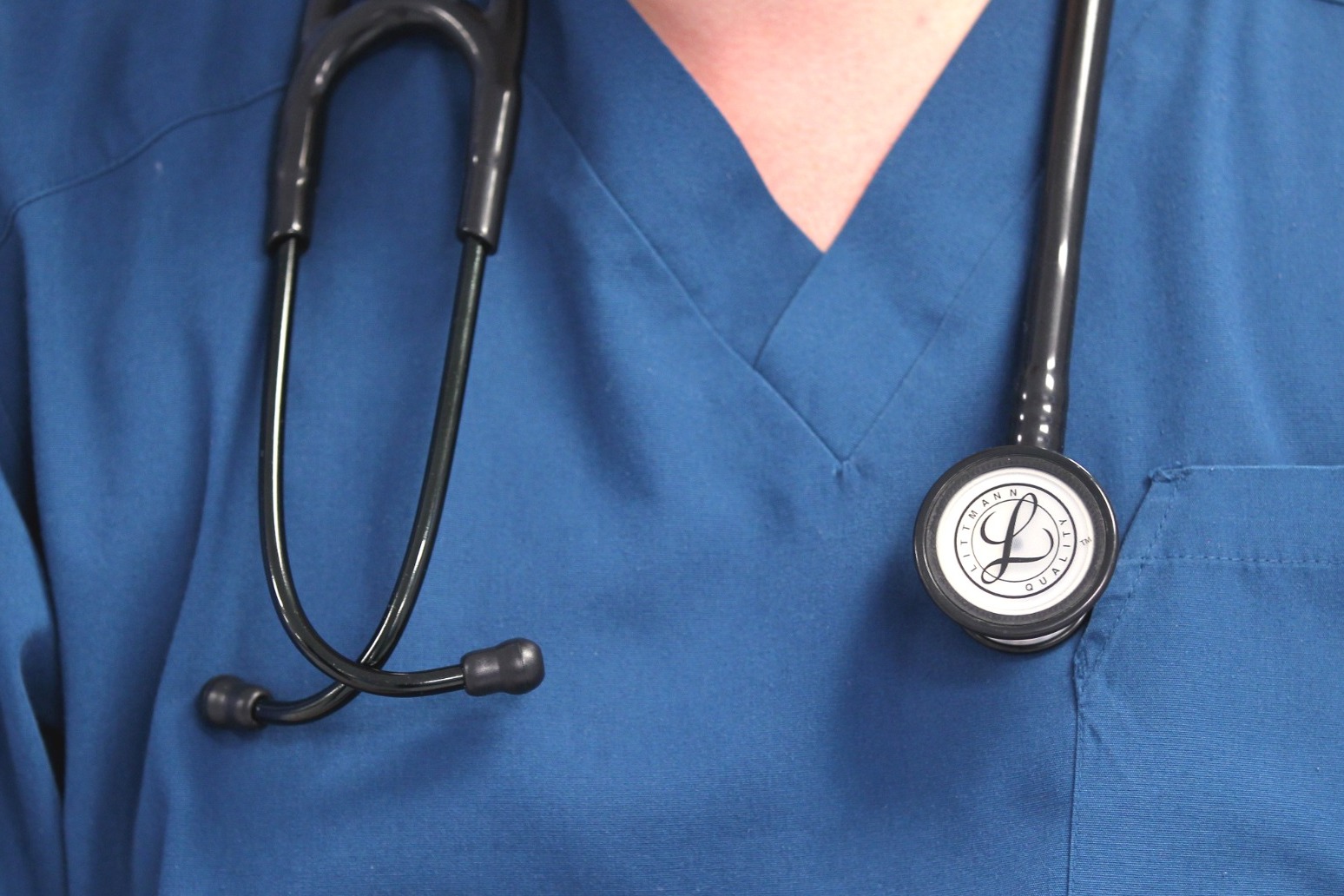
New standards for how doctors should behave at work come into force
There'll be new standards on sexual harassment, whistleblowing and bullying
New guidelines for how doctors should behave at work come into force today as regulators move to tackle toxic workplace cultures.
The first substantial changes to the good medical practice guidelines in a decade were published in August and included new standards on sexual harassment, whistleblowing and bullying.
The measures will be implemented by the General Medical Council (GMC) from Tuesday following a five-month familiarisation period for staff.
There will be a “zero tolerance” approach to sexual harassment, which has been included in the guide for the first time.
It said doctors “must not act in a sexual way towards colleagues with the effect or purpose of causing offence, embarrassment, humiliation or distress”.
This includes verbal or written comments and displaying or sharing images, as well as physical contact.
It adds to existing guidelines that medics must not act in a sexual way towards patients or use their position to pursue “sexual or improper” relationships.
The 2024 document also places emphasis on doctors in leadership and management positions to create a culture in which staff feel safe to speak out about concerns.
It also urges doctors who witness bullying or discrimination to “do something about it” such as challenging the behaviour, reporting it in line with workplace policies and offering support to the victim.
Charlie Massey, chief executive of the GMC, said: “Good medical practice is the most important document we publish, and the feedback we’ve received is clear: positive culture is a golden thread running throughout.
“By focusing on compassionate, fair workplaces where people feel empowered to speak up, we lay a solid foundation for teamwork and ultimately, safer care for patients.”
As part of the update, the GMC has provided more detailed guidance on particular topics, such as social media use.
It advises medics to be aware that when communicating privately using instant messaging services, correspondence may also become public.
It also said it has “a legal duty to investigate any concerns raised to us that reach our fitness to practise threshold”.
Dr Catherine Wills, deputy head of advisory services at the Medical Defence Union (MDU), said: “Doctors are increasingly coming to us for advice on their social media use. It can be a tricky area as doctors are expected to uphold professional standards when using social media and this extends to their private lives.
“They can be held accountable for things they say, like or share in private messaging groups, even those that are not work related. Many are not aware of this.
“Our advice is to carefully consider the private messaging groups you join and the information you post, like, share and comment on within them.
“Think about how you would feel if a colleague or patient saw the chat, or if it was shared to a wider audience.”
The guidance will also apply to physician associates and anaesthesia associates when the roles fall under those regulated by the GMC.
This is expected by the end of 2024.
Published: by Radio NewsHub